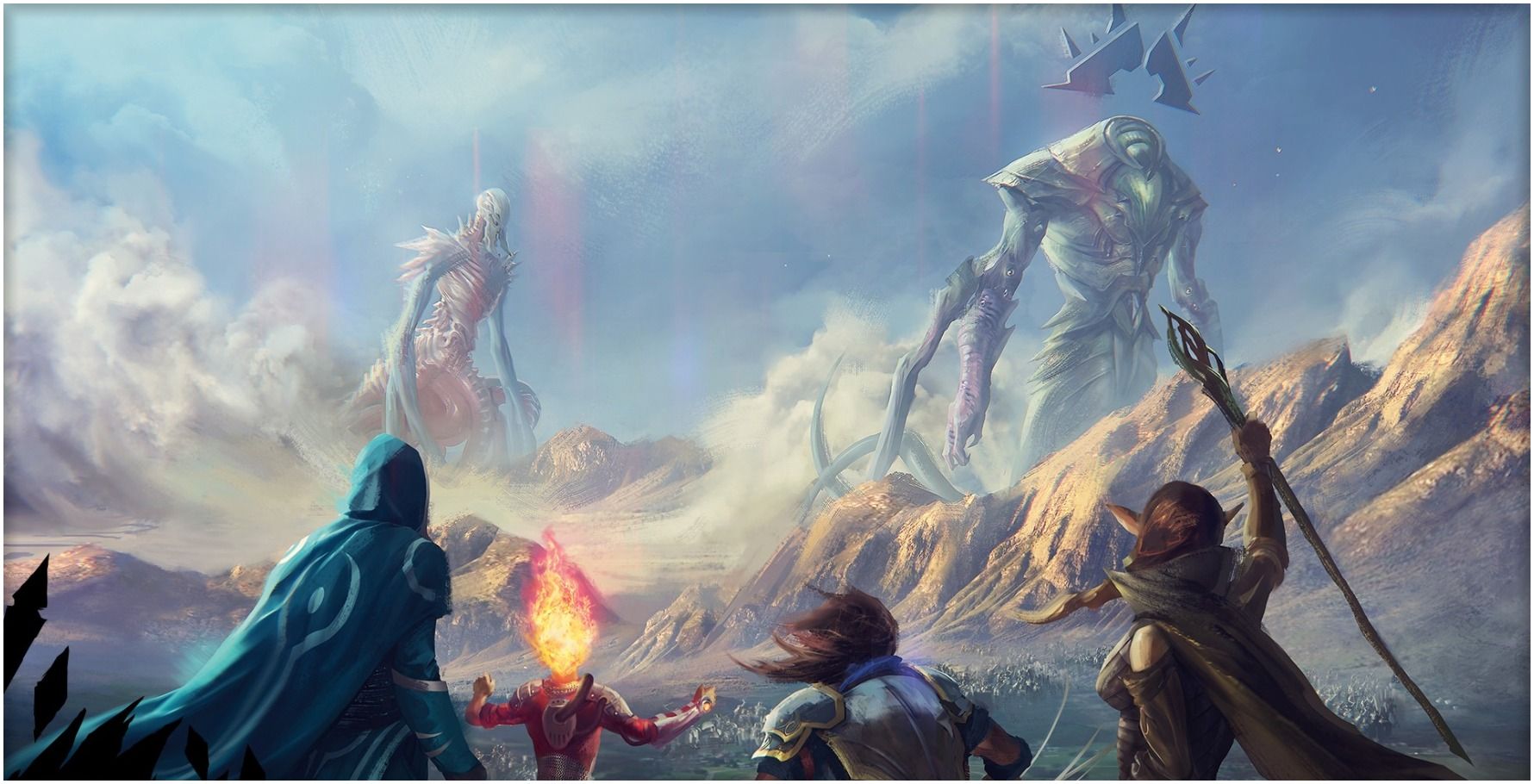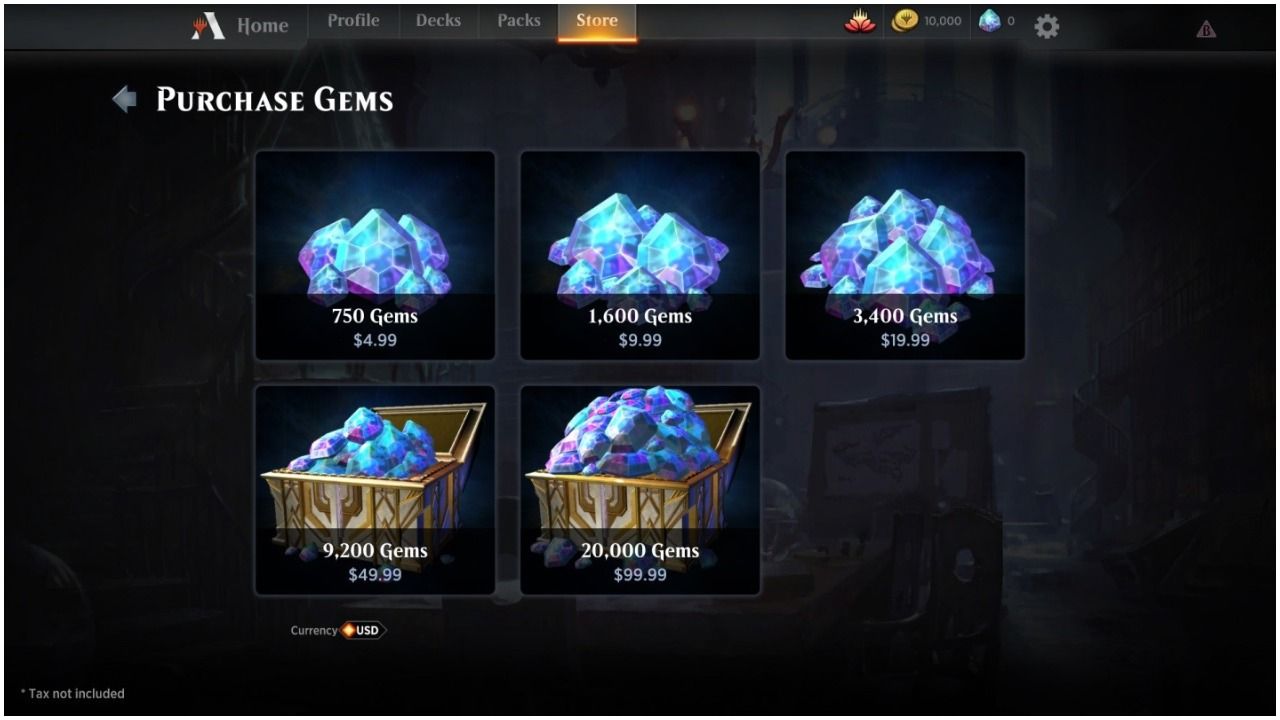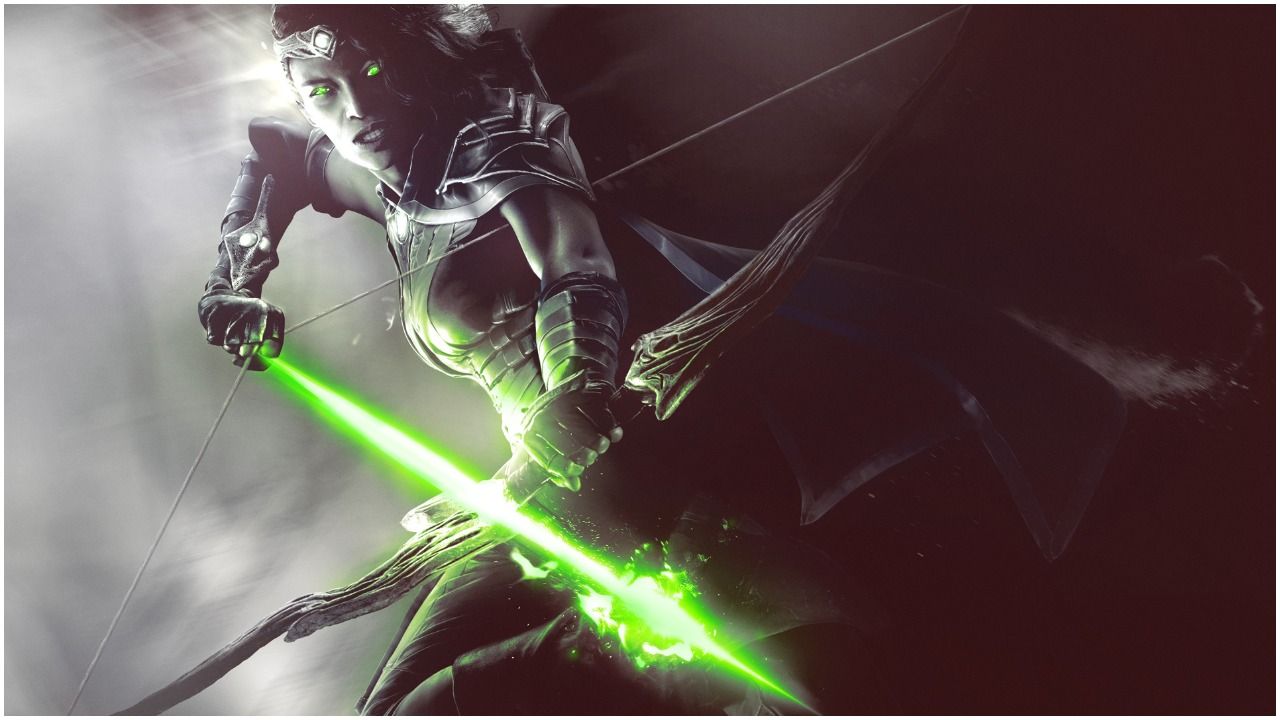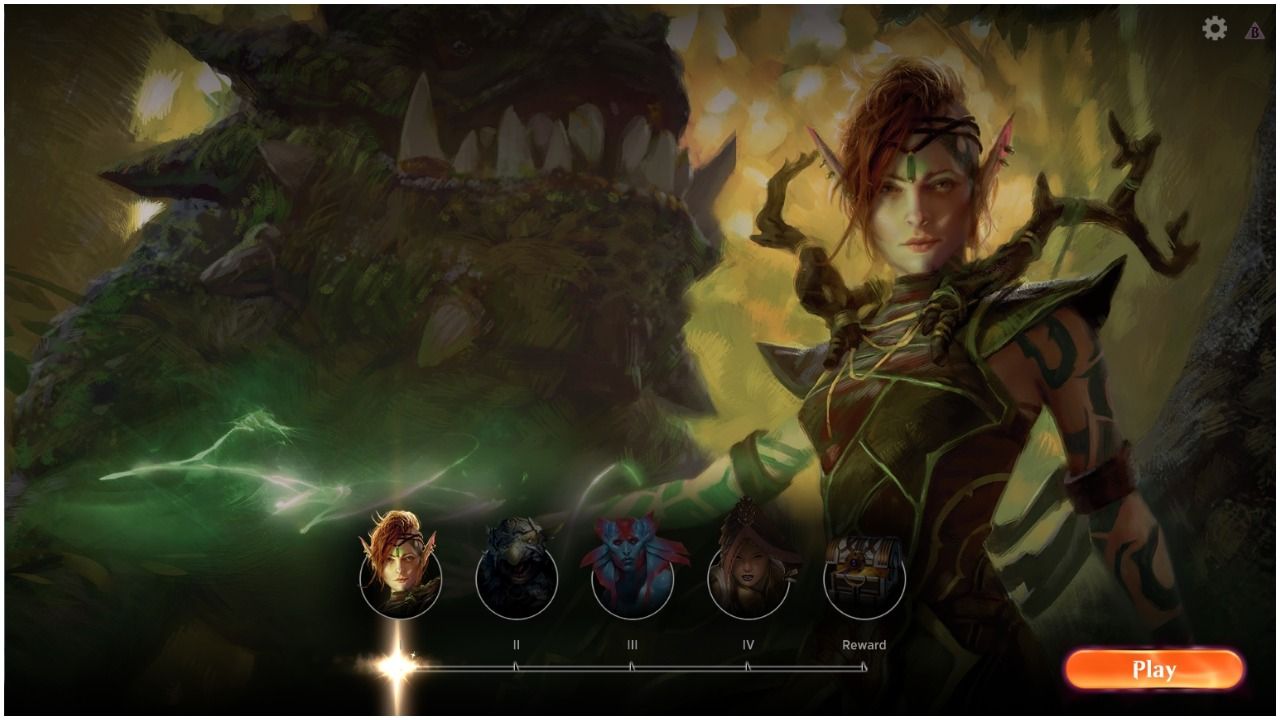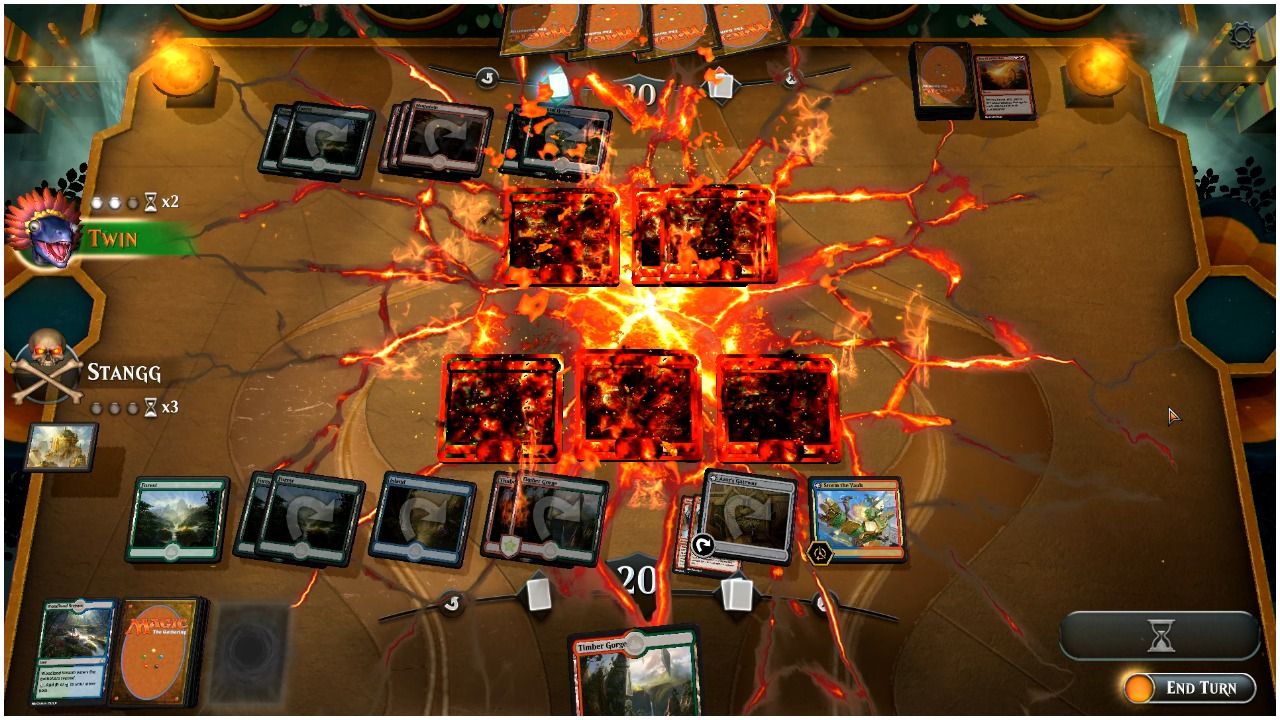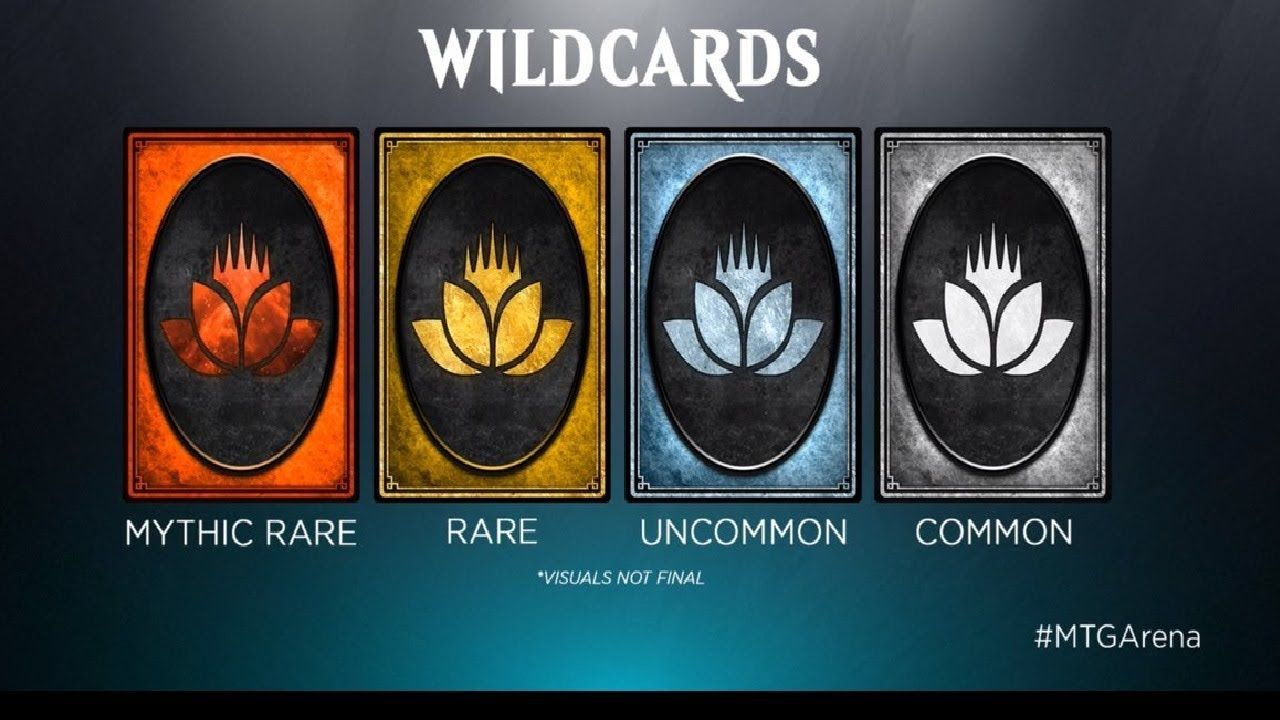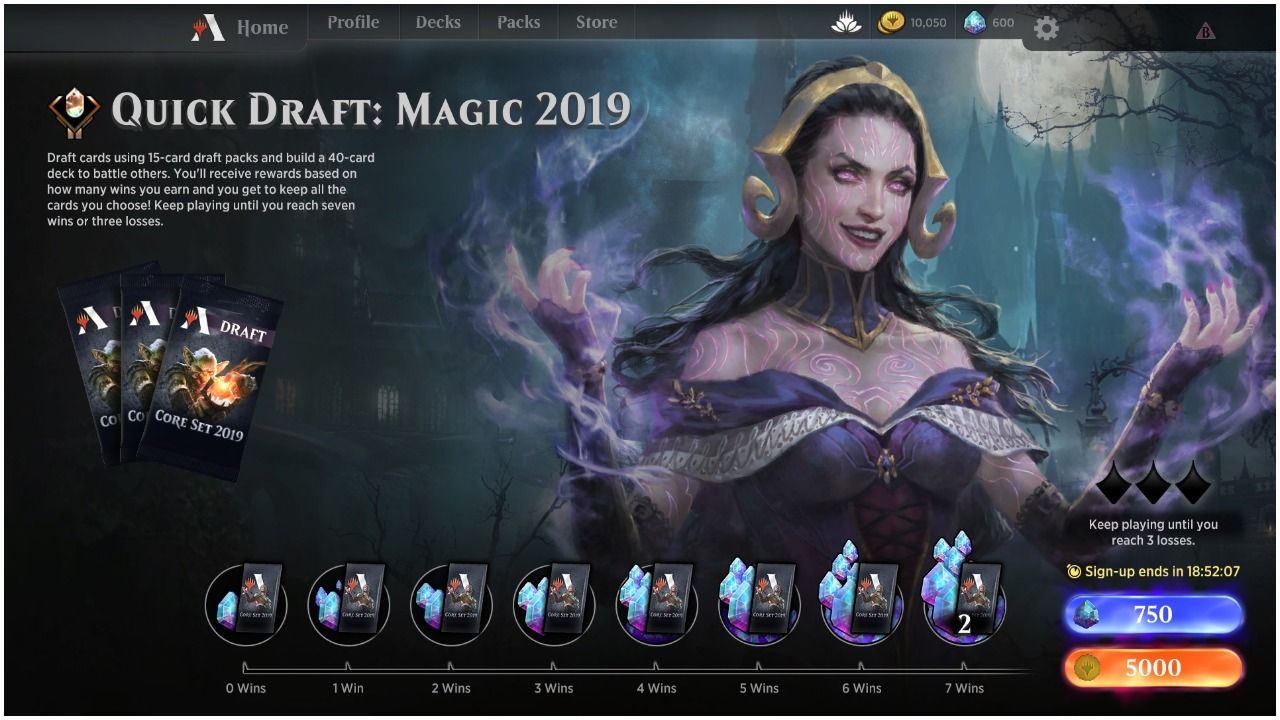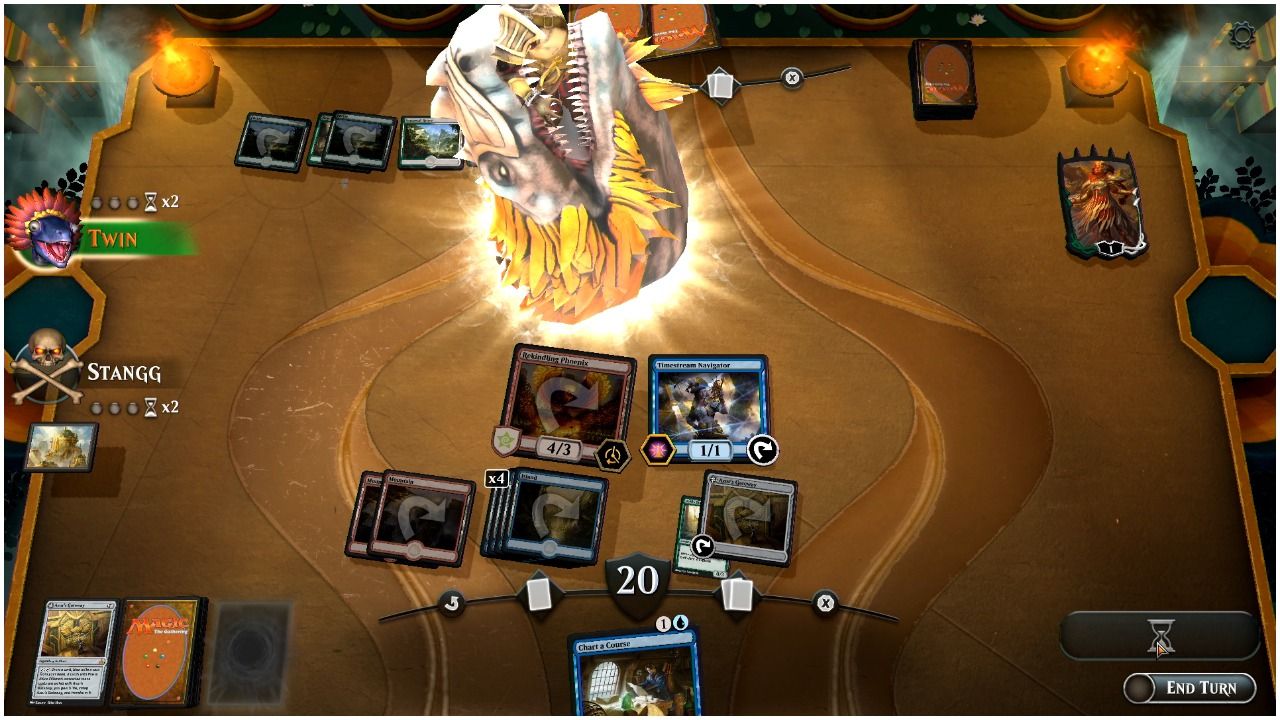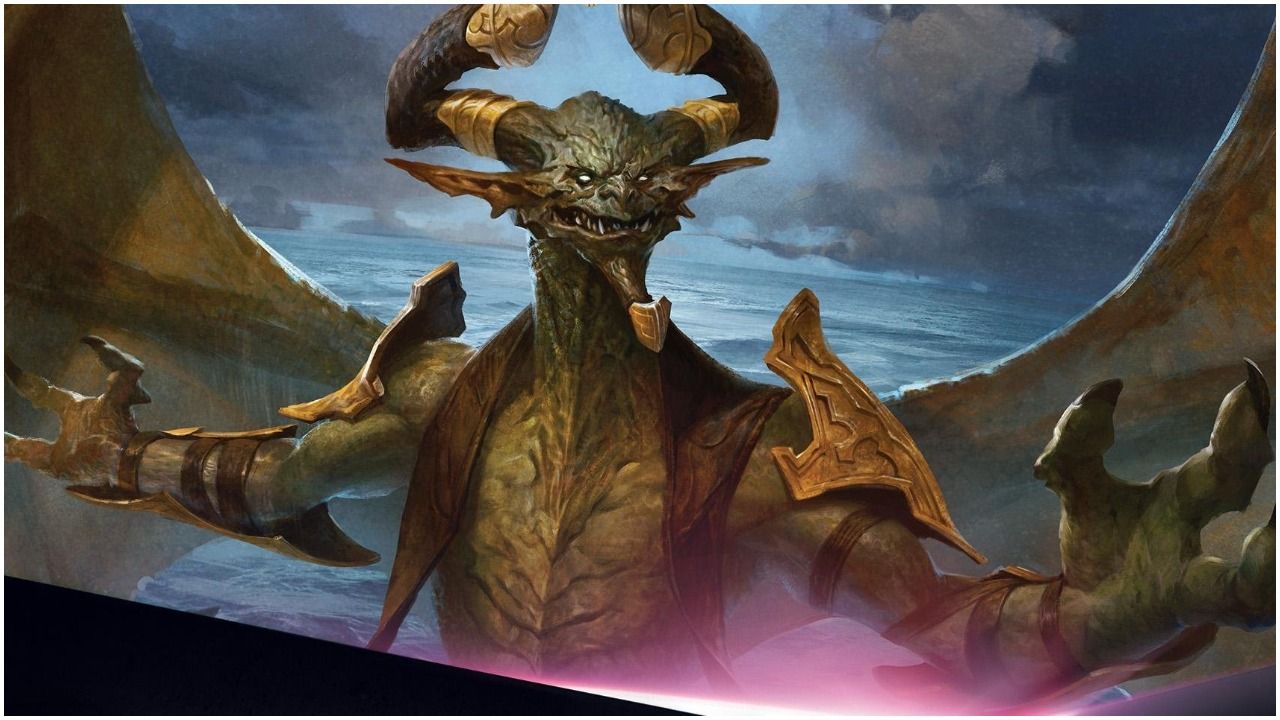Magic: The Gathering was created in 1993. This strategy card game placed players in the shoes of a powerful magic-user that can cast spells, summon creatures, and attack opposing players. Despite this simple premise, Magic: The Gathering rocketed to popularity within the card-gaming community. Its growth was also accompanied by gradual changes to the rules, new decks, and a competitive scene. As the years progressed, keeping decks up-to-date became an exercise for wallets and mental acuity.
Related: Magic Cards Everyone Thinks Are Weak (But Are Actually Super OP)
However, Wizards of the Coast, the developer behind Magic: The Gathering, was ready to accommodate their beloved game into new spaces. With the help of Digital Games Studio, Wizards of the Coast released an open beta for their new online game Magic: The Gathering Arena. This digital card game brings everything fans love about its physical predecessor onto online spaces. Read on if you want to learn all you can about Magic: The Gathering Arena.
Free-To-Play With A Side Of Microtransactions
Magic: The Gathering Arena is a free-to-play online game. That means that no money is necessary to download the game from the Magic website and begin playing it. Anybody with an interest in diving into the complex gameplay of a Magic: The Gathering match can do so with little to no fuss. However, the game contains a healthy helping of microtransactions.
Arena comes complete with in-game currency. Gems can be earned as rewards when playing and winning draft mode matches. These gems can then be used to purchase booster packs. However, if a player with the cash to spend wishes to forego the process of earning gems, they can spend real-world money to buy those booster packs. Microtransactions have become an expected aspect of free-to-play games. Magic: The Gathering Arena is no exception to this increasingly common rule.
Keeping Up With Releases Of New Expansions
Maintaining a Magic deck over the years has become an arduous task. Multiple expansion packs have been released, and an avid Magic player has had to purchase these packs in order to create viable decks. Magic: The Gathering Arena replicates this activity minus the hassle.
RELATED: A Magic: The Gathering Card Just Sold For Over 150,000 Dollars
Arena makes it feasible to constantly upgrade and collect your packs by coordinating with physical releases. Wizards of the Coast truly wishes to keep the Magic experience as close as possible to its physical representation while simultaneously relieving players of some of their grievances. Players will be able to keep both their digital and physical decks updated at the same time.
A Clear How-To-Play Tutorial Included
Magic: The Gathering Arena invites both fresh and returning players to this classic card game. After booting up the online beta of Arena, players are treated to a tutorial on the basics of how to play a Magic: The Gathering game. This tutorial is actually very precise. It's a helpful guide for newcomers to the game, and any veteran of Magic knows the complexities of the game can be hard to describe.
RELATED: Magic The Gathering: 20 Ways To Use Sorceries To Break The Game
The tutorial is wonderfully clear cut. However, the game includes no tutorial on how to build an appropriate deck, which any veteran Magic player will tell you is integral to winning a match. New players will either have to seek outside help on deck-building or they will have to undergo a trial by fire. Going against more experienced players with a poor deck will certainly teach newcomers how not to play.
Built With A New Games Rule Engine
Previous iterations of an online Magic: The Gathering experience have experienced a lack of evolution in card-play. Changing rule-sets seemed to boggle the mind of the game engine. Wizards of the Coast has resolved this issue with a new games rule engine (GRE) that allows the game to remain current with any expansions that are released along the way.
Related: Reasons Why Yu-Gi-Oh! Is Better Than Magic: The Gathering
This GRE creates a system where cards can be added to the game without having to alter rules dramatically. It is thanks to this engine that Arena feels as intuitive and free-flowing as it does. Without it, fresh expansions could not be easily included. It definitely makes the Magic: The Gathering Arena experience what it is.
The Wildcard System
Magic: The Gathering Arena implements a wildcard system that adds an air of chance to opening up your new booster packs. In each booster pack, there is a card known as a "wildcard." This card will be of a certain rarity, meaning it is either common, uncommon, rare, or mythic rare.
These wildcards can later be exchanged for any card of the same rarity level. This gives players an added bonus when they get new booster packs. However, the wildcard system discourages experimentation. Wildcards are valuable commodities, and if you use them up trying out new cards, you cannot get them back. It is highly recommended that you save wildcards for "tried and true" cards of the same rarity.
Supports Constructed Deck Play And Draft Play
Magic: The Gathering Arena caters to different types of Magic players. The game comes with both Constructed Deck play and Draft play. In Constructed play, players craft their decks from their own libraries, utilizing the full might of all the cards they have collected during their time playing Arena.
In Draft play, players are given random booster packs from the get-go. They have to construct their decks from these fresh packs and then attempt to win their matches with what they have. Arena complements both kinds of play styles with these two modes. However, trading cards with other players is currently not planned. Players will just have to make do with playing the game with the online cards they have at their disposal.
Streaming Arena Games Is Promoted
Wizards of the Coast planned Magic: The Gathering Arena with the intention of expanding on their already vast player base. The online version of their popular card game is clearly meant to draw not only players to their game, but viewers. Magic: The Gathering Arena promotes streaming and a live audience in a way the physical card game cannot hope to match.
The Magic website even includes a "Creators Hub" that focuses on anything having to do with the streaming of Arena. It features a "Watch" tab that directs visitors to the latest video from Magic: The Gathering Arena streamers. The setup of Arena, like Hearthstone, favors a viewer's perspective. It clearly allows for an unimpeded view of the tabletop.
An Esports Program Is Being Made
Along with promoting the streaming of Arena, Wizards of the Coast has its eye set on esports. An esports program for Magic: The Gathering Arena is in the works. A Mythic Invitational will herald the beginning of the program on March 28, 2019, at PAX East. Arena looks to follow in the footsteps of Hearthstone, another online card game that has done extremely well in the esports scene.
A $10 million prize pool has already been accrued for both competitive Arena and tabletop play. There is even a Magic Pro League comprised of players from across the globe. Wizards of the Coast may have started Magic: The Gathering as a small strategy card game, but they clearly have ambitious, world-spanning goals when it comes to Arena.

